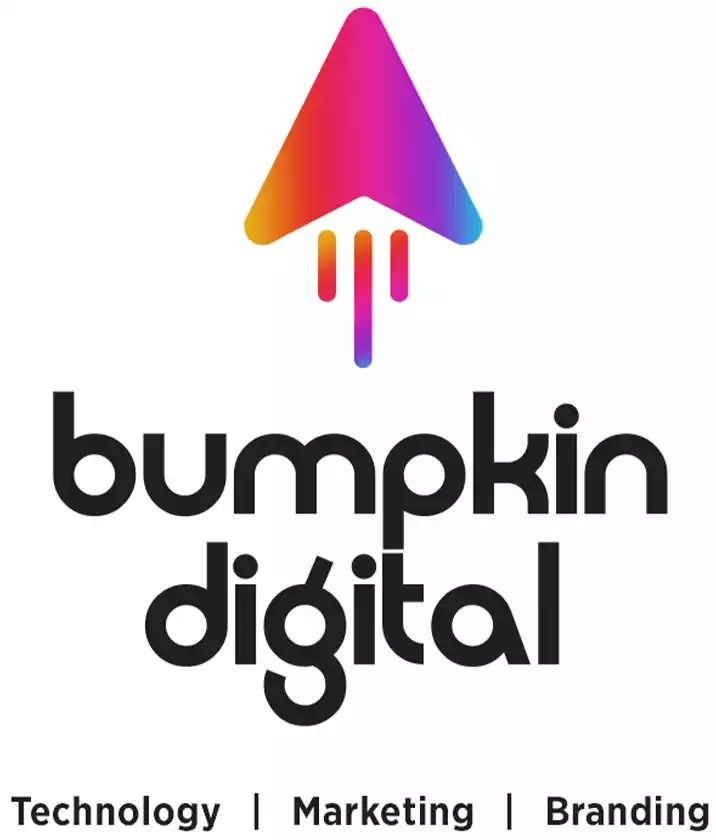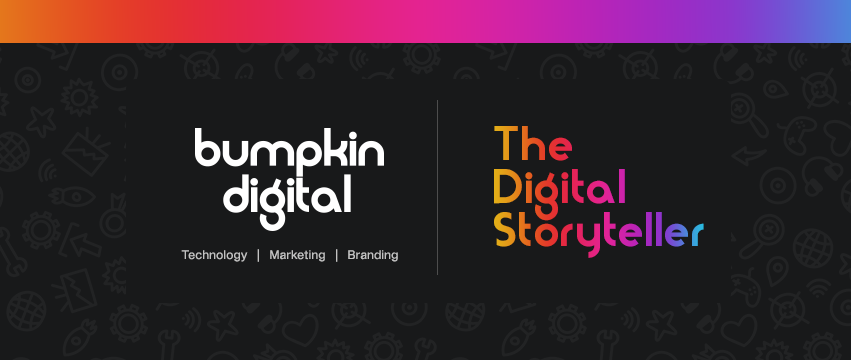A Step-by-Step Guide for marketing
Digital Marketing ROI (Return on Investment) refers to the measurement and evaluation of the profitability of digital marketing efforts. It assesses the effectiveness of various online marketing strategies in generating revenue and achieving business goals compared to the costs incurred in implementing those strategies. By analyzing metrics such as website traffic, conversion rates, customer acquisition costs, and sales attributed to digital marketing campaigns, businesses can determine the success and profitability of their online marketing initiatives. A positive ROI indicates that the digital marketing efforts are yielding a higher return than the investment made, while a negative ROI suggests that adjustments or reallocation of resources may be necessary to improve performance and maximize profitability.
Understanding the Differences between Organic and Paid Marketing
First and foremost,
it’s important to understand the difference between organic and paid marketing. Organic marketing refers to the unpaid methods of promoting your brand, such as through “search engine optimization (SEO), content marketing, and social media engagement“. On the other hand, paid marketing refers to the paid methods of promoting your brand, such as through pay-per-click (PPC) advertising, social media advertising, and display advertising. Both organic and paid marketing have their own set of pros and cons, and it’s important to understand which approach is best for your business and your goals.
Why right agency partner matters
Choosing the right agency partner can also be a key factor in maximizing ROI in your digital marketing efforts. A good agency will have the expertise and experience to help you navigate the ever-changing digital landscape and make the most of your marketing budget. They will be able to help you identify your target audience, choose the right channels, and create effective campaigns that drive results.
When it comes to selecting the right channels to promote your brand on, it’s important to consider where your target audience spends their time online. For example, if your target audience is active on social media, then you’ll want to focus on social media advertising. If they’re more likely to search for products online, then search engine advertising may be a better choice. By understanding your audience and choosing the right channels, you can ensure that your ads are reaching the right people and driving results.
Conclusion
Ultimately, digital marketing can be a powerful tool for growing your business, but it’s important to understand that it’s not a one-size-fits-all solution. The key to maximizing ROI is to have a solid understanding of the different channels and tactics available, choose the right agency partner, and continuously test and optimize your campaigns. Remember, with right digital marketing techniques and skills, and you can witness the magic unfold and watch your business soar like never before.



